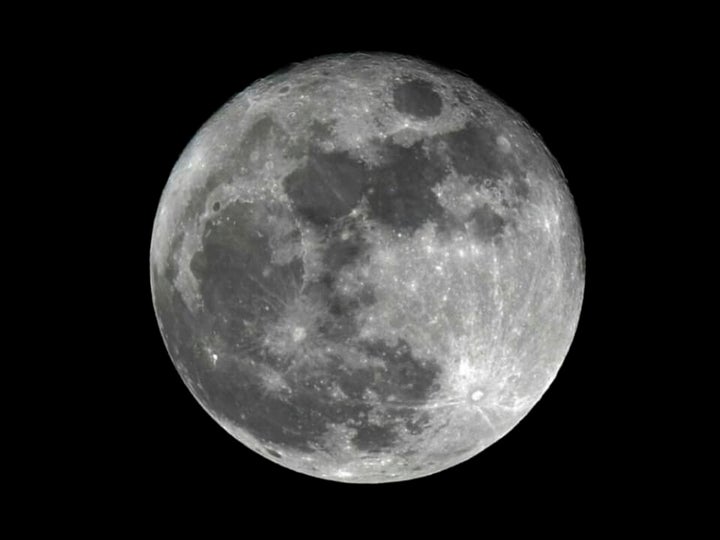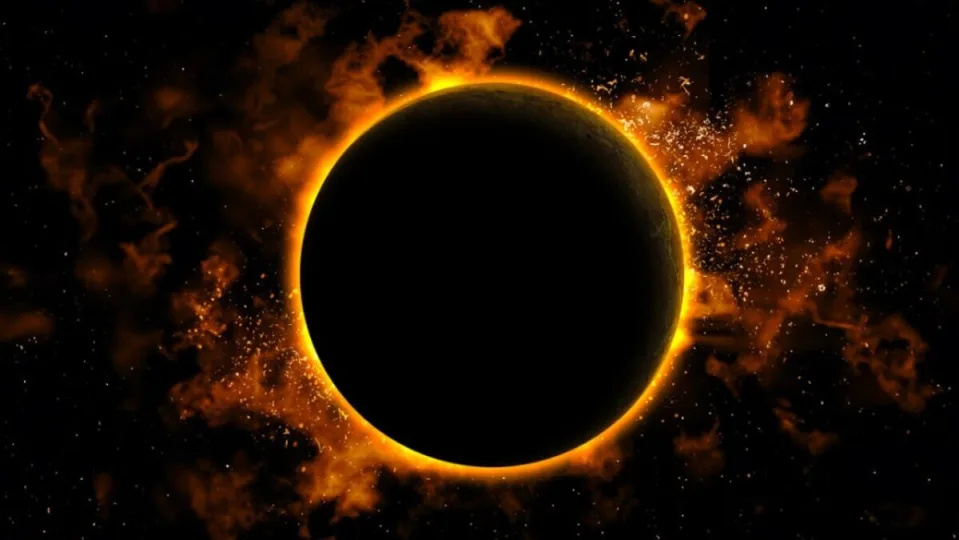Rare is the month in 2023 when something celestial doesn’t happen in our skies. This year has been full of astronomical events, from various meteor showers and several supermoons (including the blue supermoon in August) to eclipses of almost every “color.” But if you thought we wouldn’t experience more astronomically beautiful events in the remaining months of the year, you were mistaken.
In this month of October, sky enthusiasts will have the opportunity to witness a “ring of fire” eclipse, an annular solar eclipse where the Moon doesn’t completely cover the Sun, leaving a ring of fire around it that should never be observed with the naked eye under any circumstances.

Indeed, only Americans will have the opportunity to witness this rare event, which will take place on October 14th. The path of the eclipse’s annularity, spanning almost 200 kilometers, will travel across America, passing through various states in the United States, Mexico, and several countries in South America.
But don’t worry; if you won’t be able to see the “ring of fire” in person, you will still have the chance to witness the Hunter’s Moon, the first full moon after this year’s blue supermoon. The name of this full moon comes from North American traditions, where the Moon’s light aided hunters in hunting at night to stock up for the winter.

You will have the opportunity to see the Hunter’s Moon on the night of October 28th. An astronomical event that, to make matters even more interesting, coincides with another annual event: the daylight saving time change, during which we “gain” an extra hour of sleep (at 3 in the morning, it will be 2 o’clock again).
And if you’re craving for more, throughout this fall, you’ll be able to gaze at the constellations of Cassiopeia, Pegasus, Perseus, and Cetus. However, you’ll need to head to a place with little or no light pollution to see the stars clearly.



